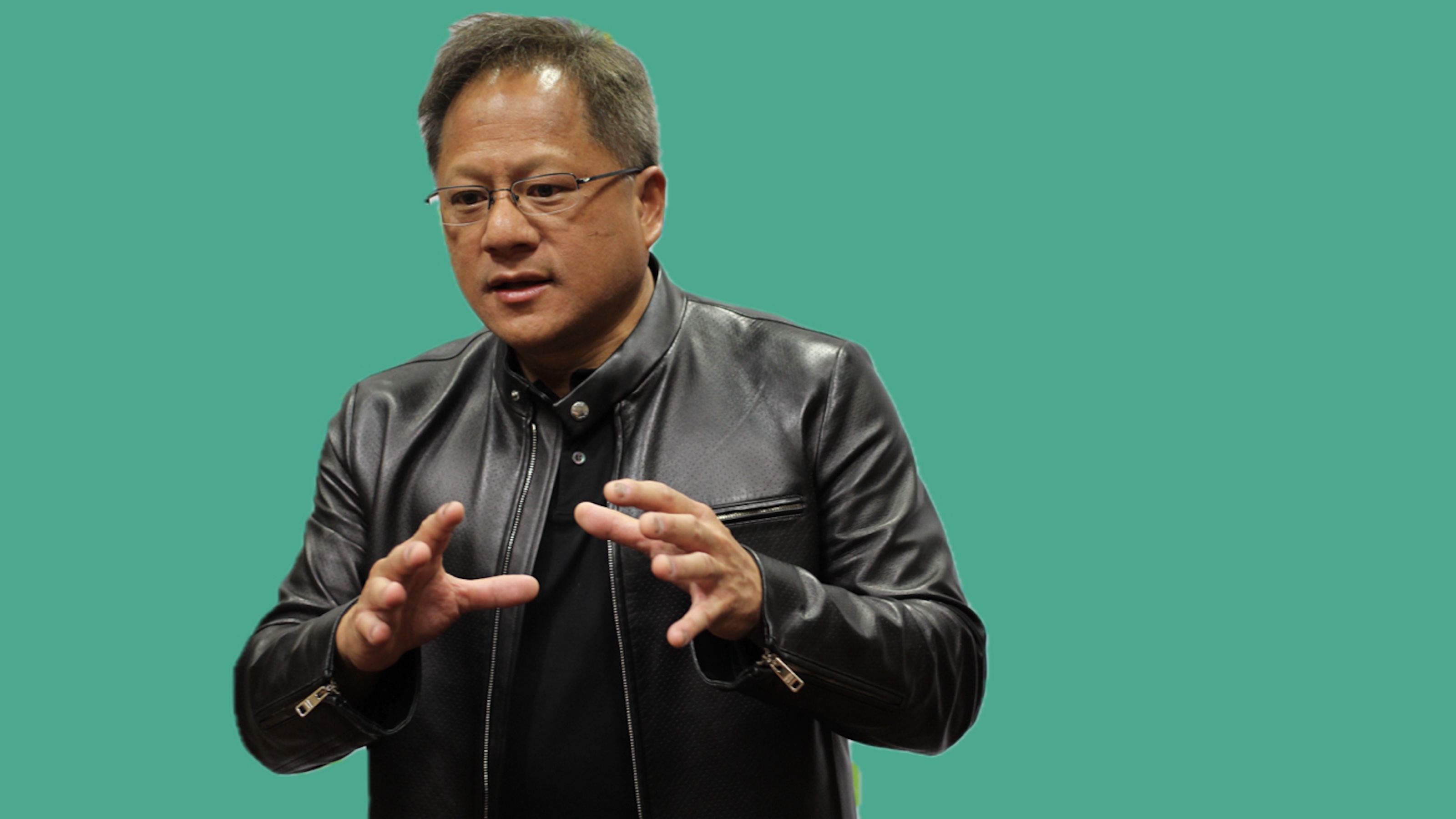Krugman doesn’t see himself as an academic imperialist.
Question: Do economics explain everything? Paul Krugman: Oh gosh no. I mean Economics . . . Look. Human behavior is very complex. It has all kinds of things. We’re certainly not going to . . . economics is certainly not about passion. There’s a famous line from the great economist Alfred Marshall – 19th century economist – that economics is about the ordinary business of life. So it’s not about the grand passions. It’s about, you know, deciding what kind of sandwich you’re gonna order. It’s about deciding where to open a business. It’s . . . It can take on anything that is in with that . . . within that range. Mostly economics is about things where people are relatively rational. It doesn’t have to be, because not everything in the economic field is rational. But it’s a set of methods. And it’s . . . No I’m not a . . . In the academic world we talk about academic imperialists. There are economists who want . . . think that you can use economic analysis to explain everything, and I’m not one of them. Question: Do economics take culture into account? Paul Krugman: Well you certainly have to try. I mean if it’s . . . Again there are some people who think well if you can’t quite model it using . . . you know, using supply and demand, then you have to pretend it doesn’t exist. Which is one of the big themes of my book, “Conscience of a Liberal”, is that things like norms, institutions make a very big difference. So even if you don’t have an extremely rigorous way of representing them, it’s actually clear that they make an enormous difference. You change . . . The changes in American society and what we expect . . . what we consider appropriate in, let’s say, the way corporate management is paid, have been as important as any of the standard forces of supply and demand. Question: Where do theory and implementation diverge? Paul Krugman: If you say something is true in practice but not in theory, that really means there’s something wrong with your theory, right? If it’s . . . Your theory ought to be able to encompass that. Now what is true that you have simple models, and sometimes they’re wrong. So you know there are so many places where Econ 101 doesn’t work. There are many places where it does. Econ 101 tells you that . . . that if you put a price control on . . . on rental units, you’re gonna have a housing shortage, and that’s right. But Econ 101 might suggest to you that if you deregulate electricity in California, it’s gonna be just fine. But if you go a little bit beyond Economics 101, you can see that you have actually created an incentive for producers to gain the market. And you’re gonna get something like the crisis that actually happened. Recorded On: 10/26/2007






